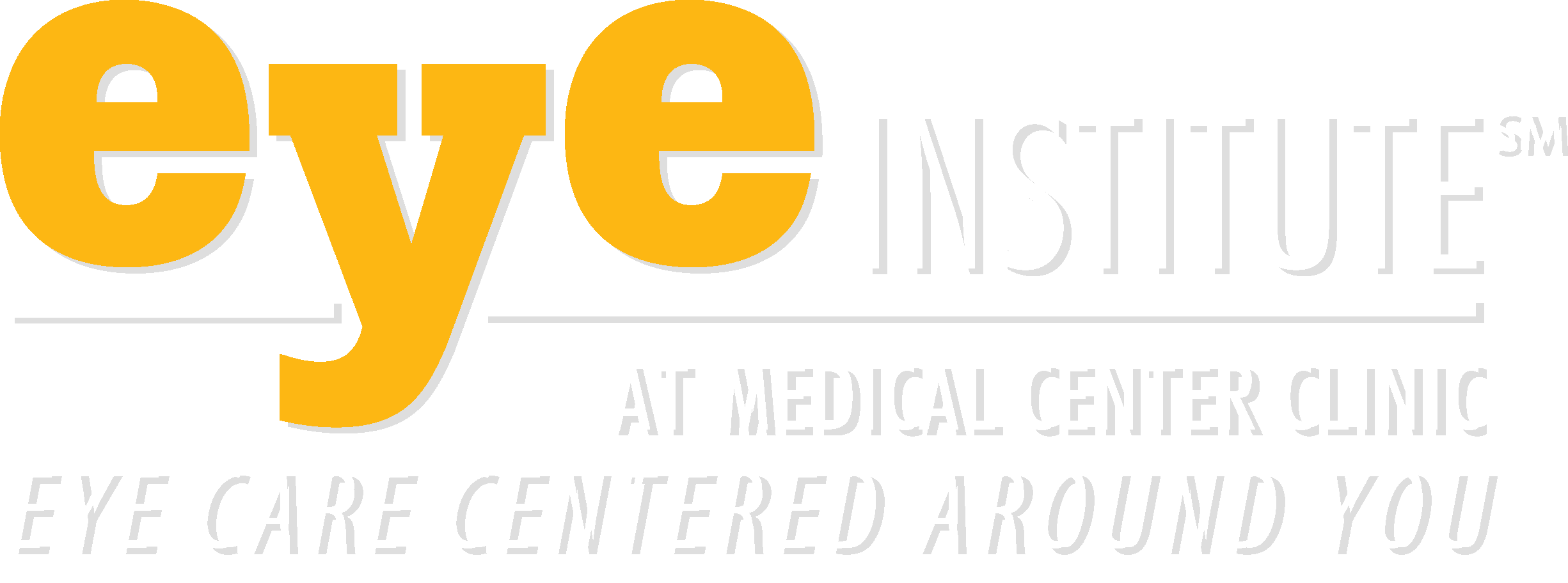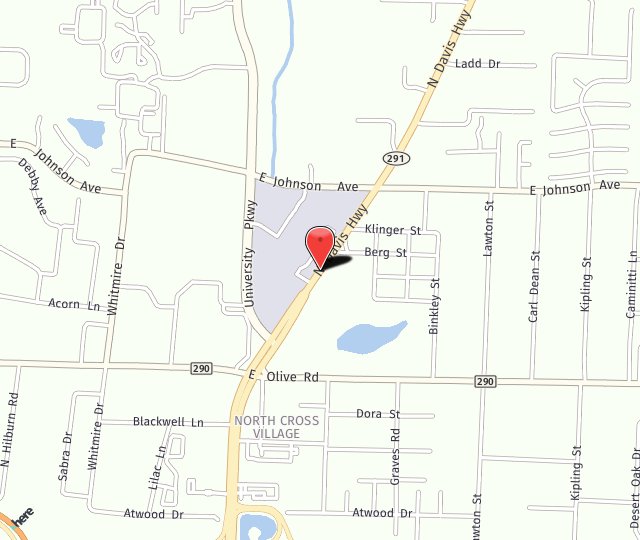Autologous Serum Eye Drops
You may know when your eyesight isn’t what it used to be. You may even recognize when your eyes seem more irritated than normal or irritated for no notable reason at all. Even in these scenarios, you might not think of “ocular surface disorder.” There are several conditions that fall under this term, including dry eye syndrome and persistent epithelial defects. You cannot possibly know all of the conditions or diseases that may affect your eyes (unless you’re an ophthalmologist). That’s what we’re here for! Our team of experienced, board-certified physicians understands that eye symptoms can originate from a number of factors. We investigate what those may be so we can devise the perfect treatment plan for you.
The Eye Institute at Medical Center Clinic is located on floor 2 of building 2 of Medical Center Clinic’s main campus. Here, we center each consultation, exam, and treatment around the individual. Our team is trained to perform the full spectrum of eye services, from the most basic to the most advanced. To schedule a visit with us, call 850.474.8436 today!
What Are Autologous Serum Eye Drops?
Tears aren’t “one size fits all” circumstances. You have tears that are produced when you cry. These are called reflex tears. Then, you also have basal tears, which are the film that lubricates your eyes at all times. In both situations, your tears are made up of water, mucin, lipids, and proteins. There are also electrolytes, glucose, cytokines, and growth factors in tears. Autologous serum eye drops (ASED) are a type of eye drop that your ophthalmologist makes using derivatives of your blood. The components of autologous serum eye drops very closely resemble the makeup of your basal tear film, with one exception; they contain a more concentrated amount of each component of your natural tear film. Autologous tear serum eye drops are also, as the name describes, eye drops. Your doctor creates them by obtaining specific elements that are contained in your blood. You will undergo a standard blood draw, then the vials of blood are processed in a manner that extracts the desired components. The blood derivatives are combined with saline in proper ratios based on your condition. The product is frozen until used.
What Are the Side Effects of Autologous Serum Eye Drops?
One of the benefits patients appreciate about autologous serum eye drops is that there is little risk of side effects or complications. This is possible because the components of the eye drops come from your body. The products that are in your blood (and are isolated for eye drops) are those that are programmed to heal damaged tissue. Provided that you use your ASED solution as directed, you should experience only beneficial improvements from your treatment.
How Long Do You Have to Use Autologous Serum Eye Drops?
Participants in clinical trials used serum drops from 2 weeks to 6 months. Your eye doctor will discuss the duration of your treatment program based on your condition and how you respond to the use of your personalized eye drops. Typically, the drops can be used several times a day. However, you will receive individualized instructions tailored to meet your needs.
Once ASEDs are prepared, small vials of eye drops are stored in the freezer. There, they can last for up to six months. Individual vials can be moved to refrigeration as needed.
How Much Do Serum Tears Cost?
As with many autologous treatments, ASEDs are not covered by insurance because we are not utilizing a synthetic product. To date, the FDA has not determined a way to approve substances that are contained in a patient’s body. The cost of autologous serum eye drops includes the preparation and processing of your blood, which requires personnel, special equipment, and careful storage. The overall cost includes more than the product itself, too. As when you receive a prescription from a doctor, your ASED treatment will involve office visits, pharmacy or processing costs, and other fees. We do all that we can to simplify the process and keep costs to a minimum.
Do Serum Tears Need to Be Refrigerated?
Autologous serum tears need to be stored in a freezer until you are ready to use them. Your doctor can advise you on the timing of transfer from the freezer to a refrigerator. Once you begin to use a vial of your customized eye drops, that vial needs to be kept in the refrigerator at all times other than when you are applying them.
Schedule an Appointment
At Eye Institute at Medical Center Clinic in Pensacola, FL, you can expect to receive care from a friendly, professional team with years of clinical experience. Here, we put your eye health first! Contact us today at 850.474.8436 to schedule your appointment.

